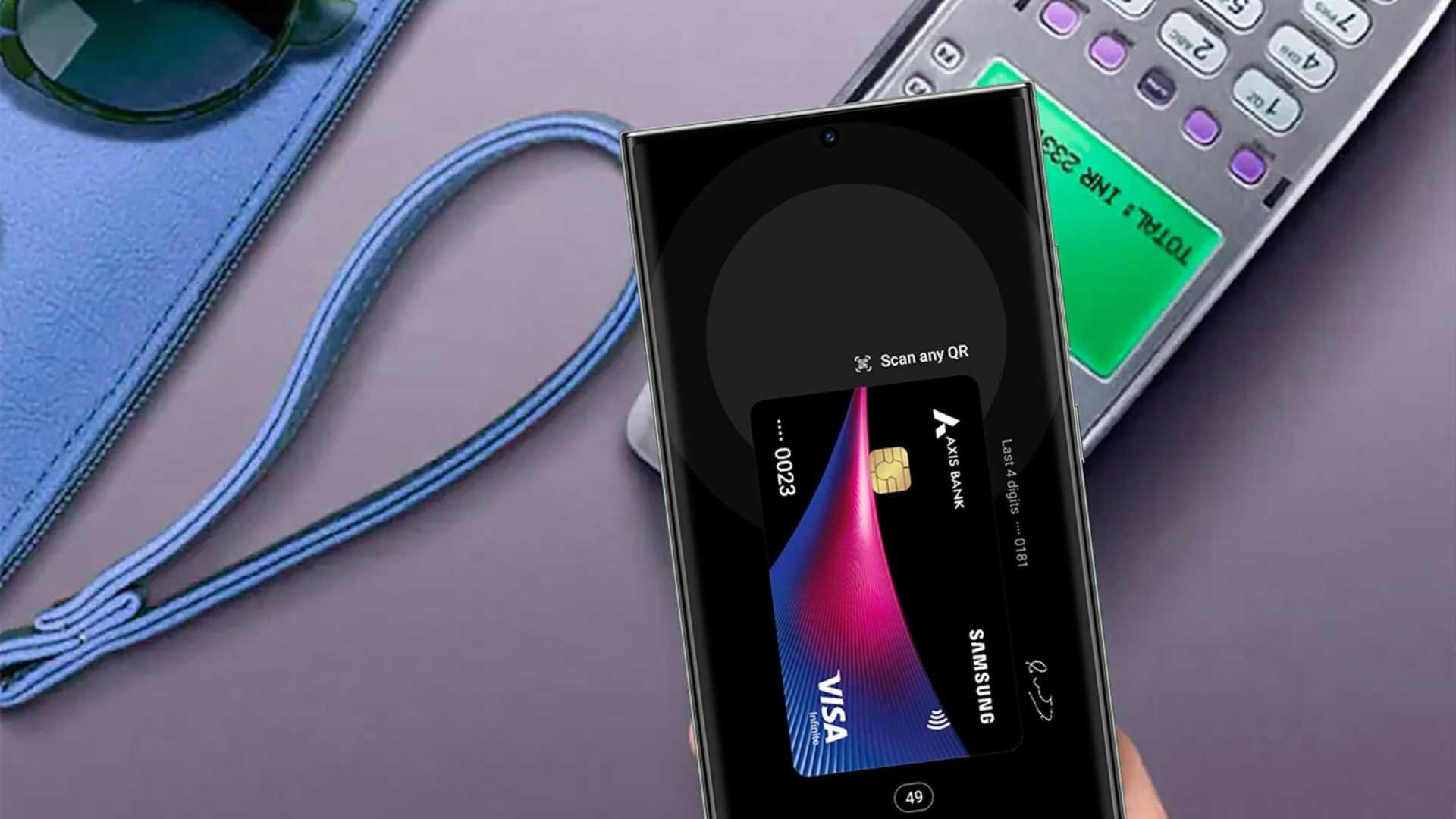Apple's walled-garden approach has many benefits, like excellent compatibility between various products, a more polished user experience, and better security from malware. It also keeps the customer invested and trapped in Apple's ecosystem, as other ecosystems or products may not have the services, apps, and features the customer is accustomed to on devices with a fruit logo on them.
A good example is payment apps. On the iPhone, customers only have access to Apple Pay if they wish to use their phone to make credit and debit card payments. That's because Apple doesn't allow third-party apps to access the iPhone's NFC chip, which is essential for digital card payments.
But could that change in the future? The answer is yes, according to a report by Reuters. Apple is currently embroiled in an antitrust case with the European Union that claims the company has a monopoly over tap-and-go mobile payments on the iPhone, and Apple has reportedly offered to fix that by opening up access for rival mobile payment and wallet systems.
Apple may allow rival payment apps, but will Samsung take advantage?
It would essentially allow Samsung to bring Samsung Pay to the iPhone, but it remains to be seen if that will actually happen. The chances are slim, as Samsung doesn't even offer Samsung Pay on smartphones from other Android phonemakers, not to mention that Apple may not allow rival payment apps in markets outside the European Union.
But it would be a great opportunity for Samsung to show iPhone users how it allows a greater degree of choice to the customer instead of locking everything down, and it will be interesting to see where things will go as this antitrust trial proceeds.







